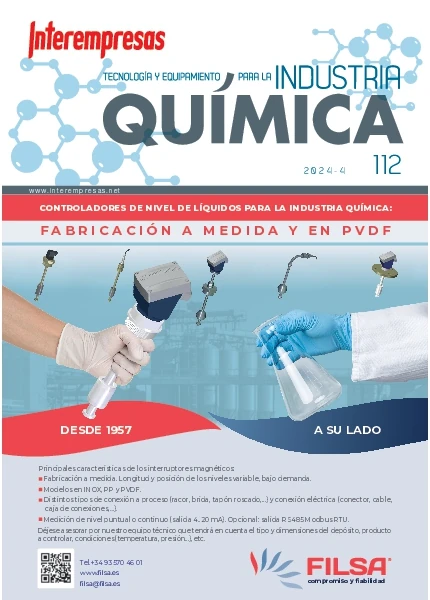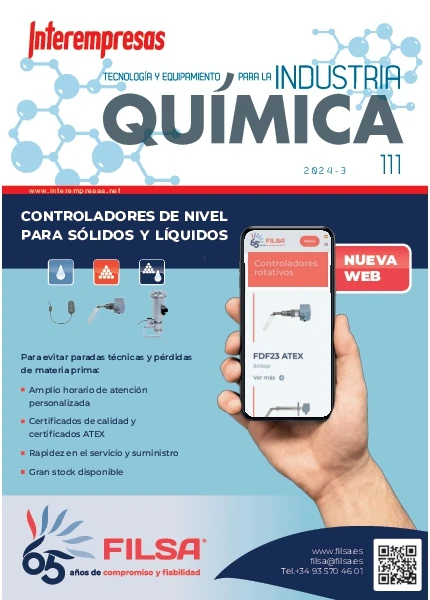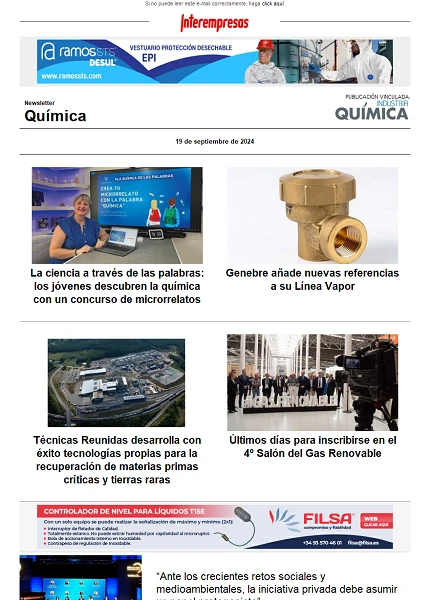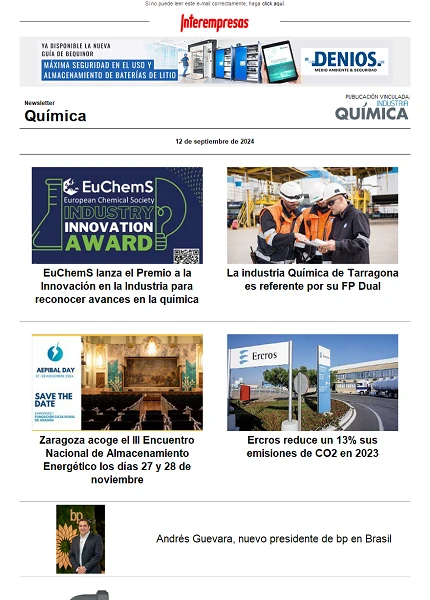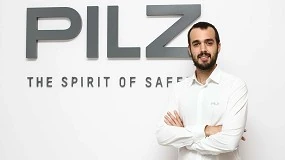It enters into force of the Rotterdam Convention on trade in hazardous chemicals and pesticides

Even today, in many poor countries there is no minimum conditions for the safe use of highly toxic pesticides and their misuse has caused continuing damage to the health of farmers and the contamination of the environment, explains the director of the Organization of the United Nations agriculture and food (Fao)Jacques Diouf.
The Rotterdam Convention promotes sustainable agriculture in a more secure environment, contributing thereby to the increase in agricultural production and the fight against hunger, disease and poverty. More specifically, it allows importing countries decide which potentially hazardous products who want to receive and to exclude those who can not manage safely.
Also, in the event that the country in question permits the entry of such products, establishing rules of labelling and information on the potential effects on health and the environment, which will make it possible to identify them easily and to promote a more safe use of the same.
This Convention, which was launched on a voluntary basis in September 1998, establishes a list of 27 chemicals dangerous and pesticides which are sold widely in the international market, which in all likelihood will be added other fifteen during the first meeting that convened the Conference of the parties of the Convention at the end of this year in Geneva.
Currently there are more than 70,000 chemical products available in the market and each year are introduced other new 1,500, figures, according to the UN, "posed a serious challenge for many Governments to monitor and manage these substances". Many of them are subject to strict controls in the rich countries, but in the South are still marketed just smooth.
The black list
In September 1998 six additional pesticides were included in the transitional process of the ICP: binopacril, toxaphene, oxide of ethylene, ethylene, monocrotophos and DNDC chloride, a formula of highly toxic pesticide based on benomyl, carbofuran and thiram.
Included, in addition, five industrial chemicals: crocidolite, polychlorinated polibromatados (PBB), polychlorinated biphenyls, (PCBs), polychlorinated terphenyls terphenyls (PCT) and trisfosfato (2.3 dibromopropilo).
Since September 1998 four additional chemical industrial substances are also part of the transitional procedure of ICP: four types of the amosite, anthophyllite, actinolite and tremolite asbestos.

